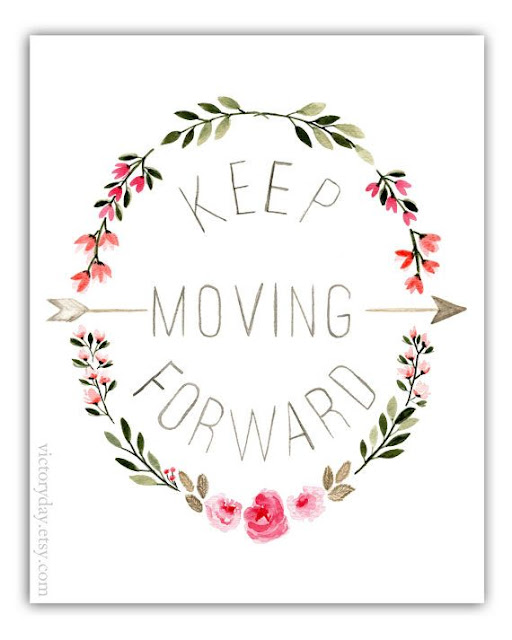FILLING BUCKETS
On Facebook this week, I read a glowing post about a person who is not registered with the site. I wondered if she knew what was said about her. Her family members were tagged, so I thought, "Surely, they will relay this to her." She is a person close to me, a giver of gifts and hospitality, but one who seems to have everything. Consequently, giving back to her often seems like a futile feat. I knew this thankful post of gratitude would be a non-material gift that would lift her up, so I was surprised when I learned no one had shared it with her. So, I relayed the sentiments, and she was overjoyed.
Thinking about this gift giver who often doesn't receive gifts in return and her reaction to the kind words made me think about how important it is to fill each other's buckets.
We often give ourselves wholly to our craft (if we are creative), job, kids, etc. but sometimes it seems no one recognizes our hard work, our good deeds, or our time, so it's important to remember: "Fill a friend's bucket."
An actor/teacher friend of mine was recently asked to give an interview to BACKSTAGE about his high school's theatre program and teaching philosophy. I sent him a text saying I was proud of him. He replied, "I'm proud of you too." Wow! I was not expecting something so simple to have such an impact on me, but it did. That simple message, "filled my bucket."
So, what exactly is this bucket? The original concept was first created by Donald O. Clifton in the 1960's. He developed the idea that we all carry an invisible bucket which contains our feelings. The bucket is a metaphor used to describe how people make us feel or how we feel about ourselves. When our bucket is full, we feel great. When it is depleted or empty, we tend to feel crummy. We and others can choose to be a bucket filler or bucket dipper. A bucket filler is someone who says or does something nice for other people. When we choose to be a bucket filler, we fill other peoples’ buckets, and in turn, we also fill our own bucket. On the other hand, a bucket dipper says or does something to cause other people to feel bad. Dipping creates bad thoughts and feelings, and when we "dip"/say something or do something unthoughtful, hurtful or mean we not only empty other peoples buckets, we deplete our bucket as well. Consequently, we need to remember we have "lids" and to keep our lids on when we are feeling bad and are tempted to say mean or hurtful things. Our lids are shields we can use to protect ourselves and others. It is important to remember that when someone is not nice to you or does not show you respect, the good feelings in their bucket are running low. Recognize this, put on your lid, don't respond in a negative way, and trudge on without giving their negativity much thought.
In the end, we have an everyday/every moment choice. We can fill our own buckets and one another's, or we can dip from them. It's an important choice and one that profoundly influences our relationships, productivity, health, and happiness.
How do you fill your own bucket?
What have you done to fill others'?







Comments
Post a Comment